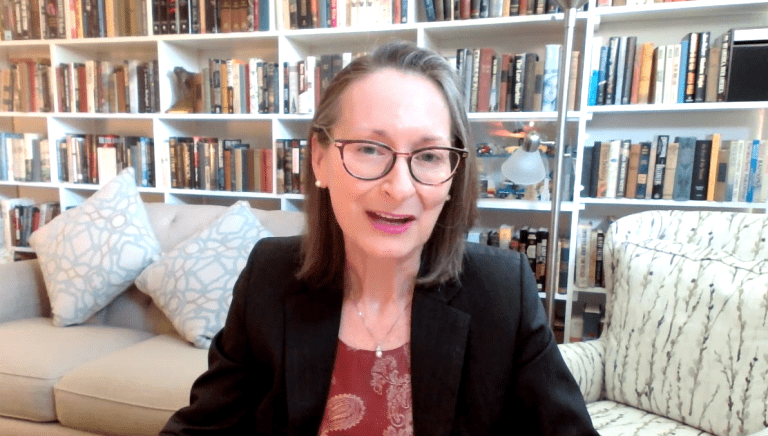Most people believe that creating an estate plan is a private and personal business; something you do alone or with your spouse, between you and your attorney, with your children, grandchildren, or other beneficiaries kept on a strictly need-to-know basis. In an ideal world this would be true: parents and their adult children would always get along, and when those parents passed away their children would quietly and respectfully follow their wishes regarding the distribution of their estate.
Unfortunately, we don’t always live in an ideal world, and inheritance and estate planning can often cause tension between parents and children—sometimes before the parents have even reached retirement age! This does not have to be your family’s fate, however. Even if you suspect your children won’t like what you’ve put in your will or trust it may be possible to keep the peace and prevent family fights from breaking out—both in the here and now, and after your death.
Some people choose to simply keep their wishes secreted away in a safety deposit box when they know their family members will disapprove of the contents, and then let everyone fight it out on their own after the grantor has passed away; but this only puts off the bad feelings and can often cause lasting rifts among siblings at a time when they most need the love and support of family. Furthermore, this strategy of secrecy doesn’t address what happens if you become incapacitated and need one of your trustees or agents (in all likelihood one of your children) to take over your affairs.
A better option than secrecy is to invite your children to join you in a meeting with your estate planning attorney. This gives you an opportunity to share your plans in the presence of a knowledgeable professional who is on your side; it also gives your children the chance to ask questions and get clear and immediate answers. More often than not tension about mom and dad’s estate plan stems from a lack of understanding, or a worry that mom or dad have been taken advantage of. Having a family meeting with your attorney can be reassuring, educational, and put everyone one the same page moving into the future.













